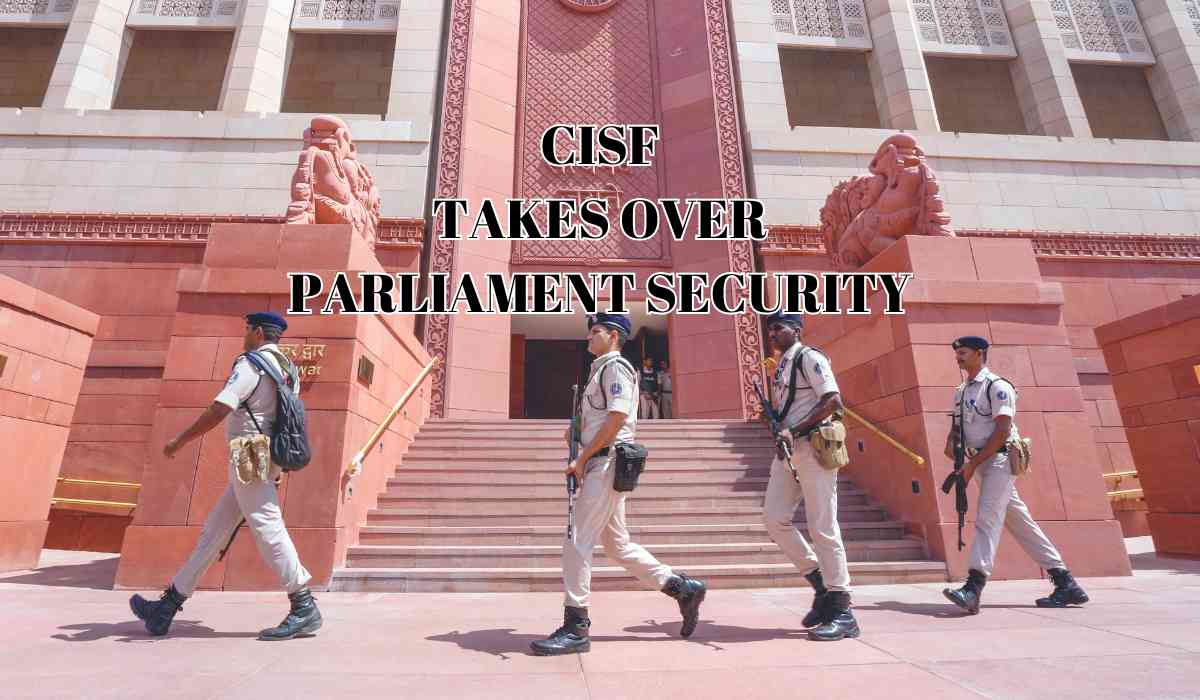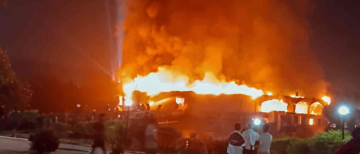Over the past four months, approximately 400 Central Industrial Security Force (CISF) personnel have been stationed at the Parliament complex, addressing security concerns following a breach. However, official orders for this deployment are still pending, according to a senior government official.
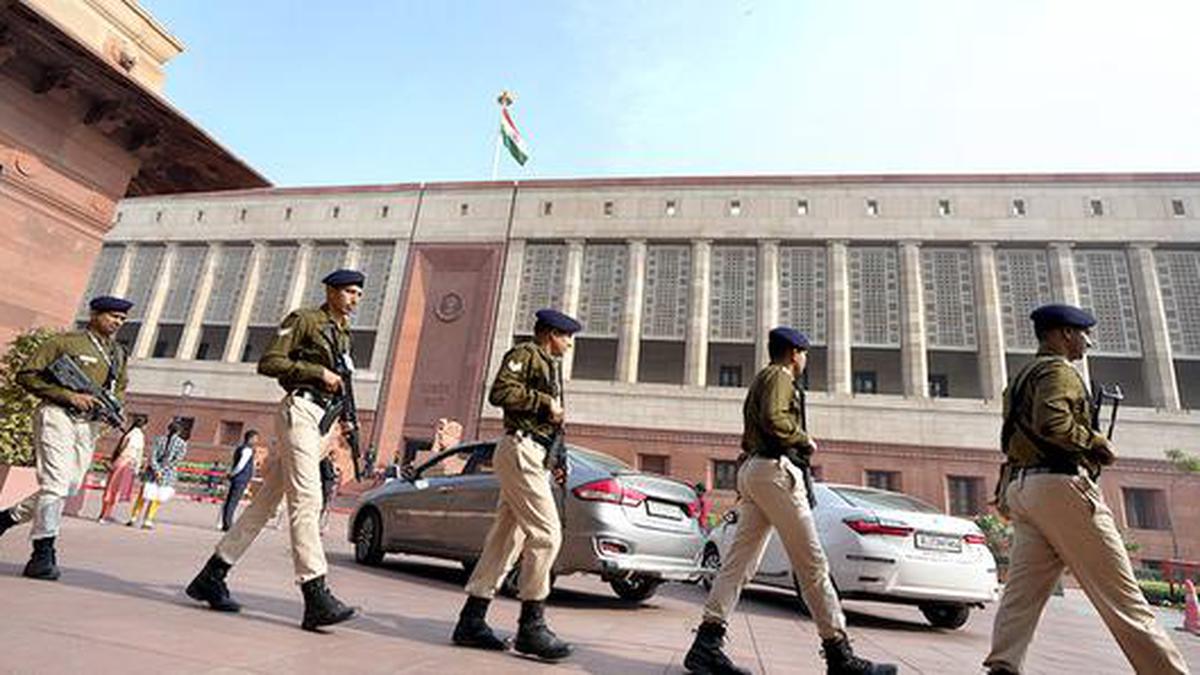
Security Measures Post-Breach
The security breach occurred on December 13, when two individuals entered the Lok Sabha chamber during Zero Hour, prompting significant security reassessments. The incident led to the suspension of eight Delhi Police security personnel responsible for frisking and baggage scanning. Subsequently, around 150 Delhi Police personnel were withdrawn following the deployment of CISF personnel.
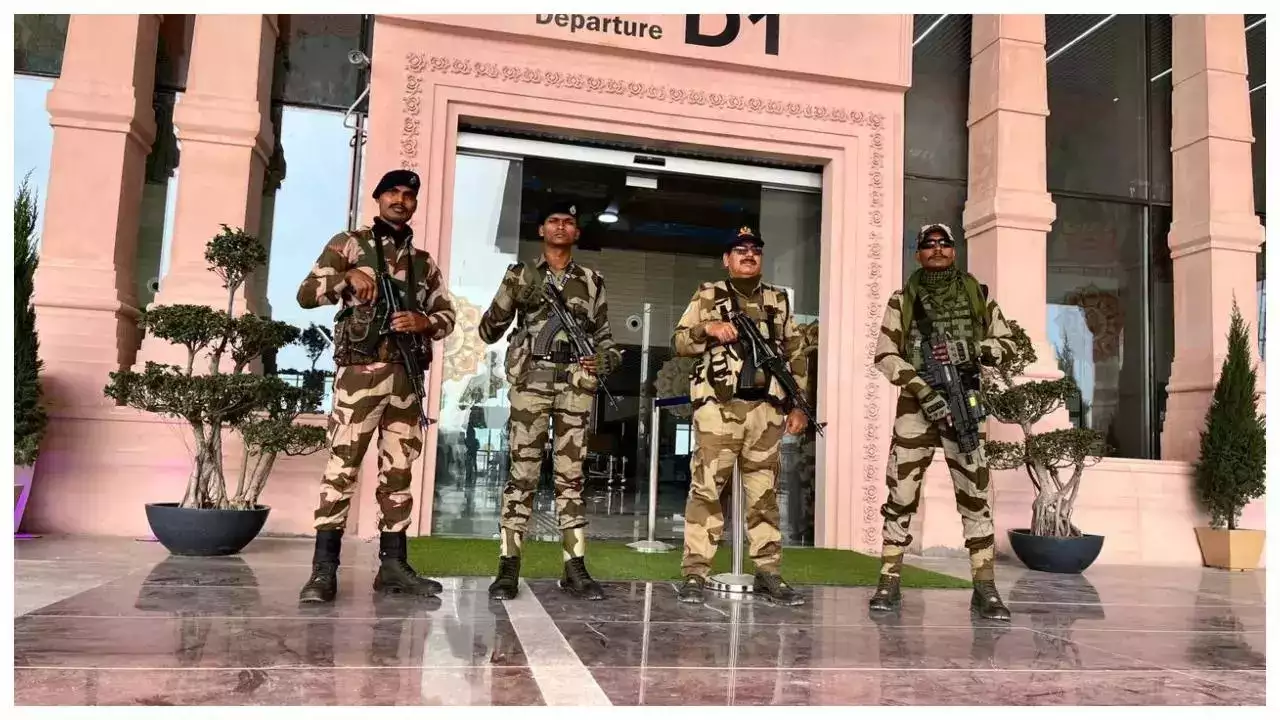
CISF taking over Delhi Police
Plans are underway for the CISF to potentially replace the Parliament Security Service (PSS), responsible for various security tasks within the Parliament complex. Although hindered by the Model Code of Conduct due to Lok Sabha elections, preparations are ongoing, including training sessions between CISF and PSS officials. Additionally, the CISF's role extends to securing access controls and essential areas like reception and offices within the complex. Furthermore, the Union Ministry of Home Affairs has granted in-principle approval for comprehensive CISF deployment, including both Security Wing and Fire Wing personnel, with plans for refurbishment ahead of the new Lok Sabha's composition in June.
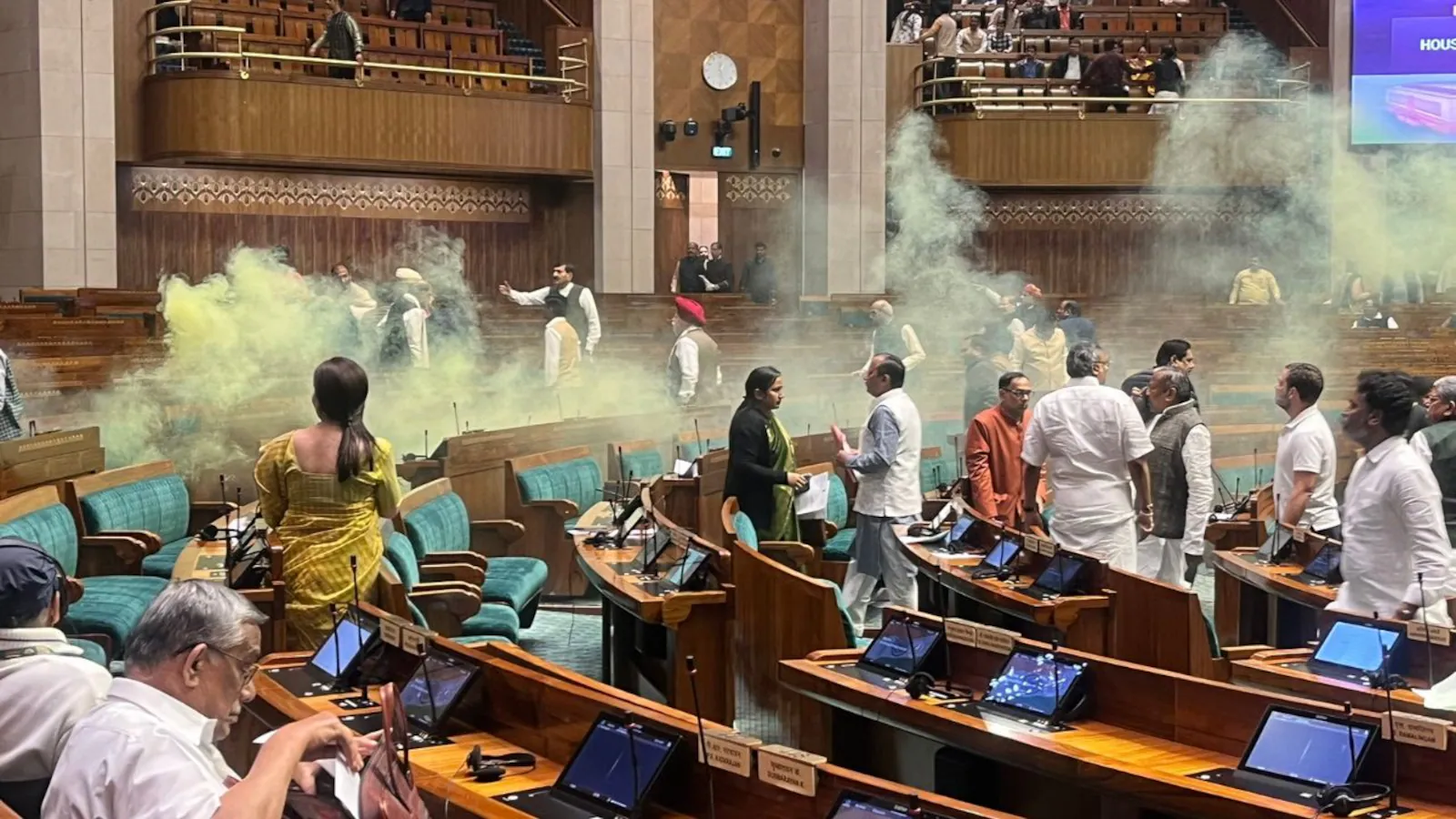
What is CISF?
Established in 1969 under the Union Ministry of Home Affairs, the Central Industrial Security Force (CISF) stands as a pivotal Central Armed Police Force (CAPF). Its inception, governed by the Central Industrial Security Force Act of 1968, aimed to safeguard critical government and industrial infrastructures. From its modest beginnings with 3,129 personnel, the CISF has burgeoned to encompass over one lakh dedicated individuals. Notably, it prides itself as the sole force equipped with a specialized fire wing, as highlighted on its official website.
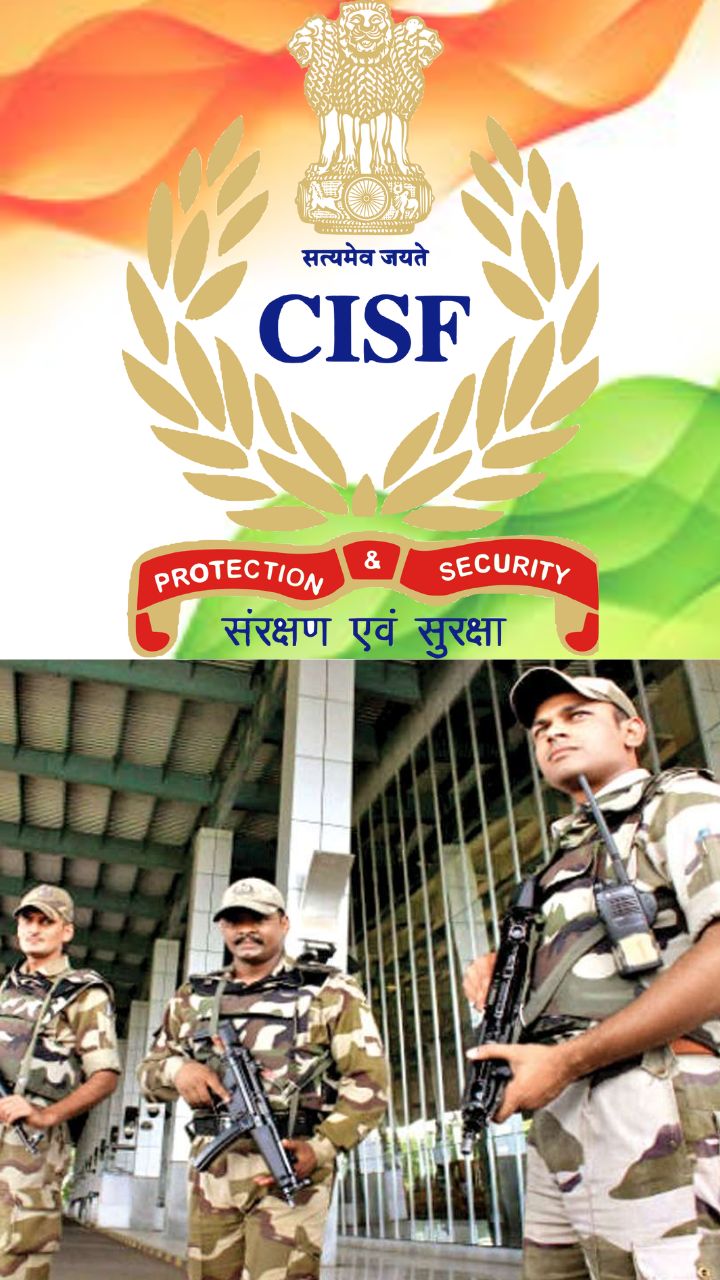
What does the CISF protect?
Spanning 358 establishments nationwide, the CISF extends security coverage to a myriad of strategic units. These include, but are not limited to, atomic power plants, airports, space installations, hydroelectric and thermal power plants, defense production units, mines, oil fields and refineries, major seaports, heavy engineering facilities, steel plants, as well as iconic historical monuments such as the Taj Mahal in Agra and the Red Fort in Delhi. Additionally, the CISF shoulders the responsibility of safeguarding select private sector entities and pivotal government edifices within Delhi. Beyond safeguarding central government properties, the force extends its protective umbrella over individuals classified under various security categories (Z Plus, Z, X, and Y), while also offering consultancy services in security and fire protection to both governmental bodies and private enterprises.
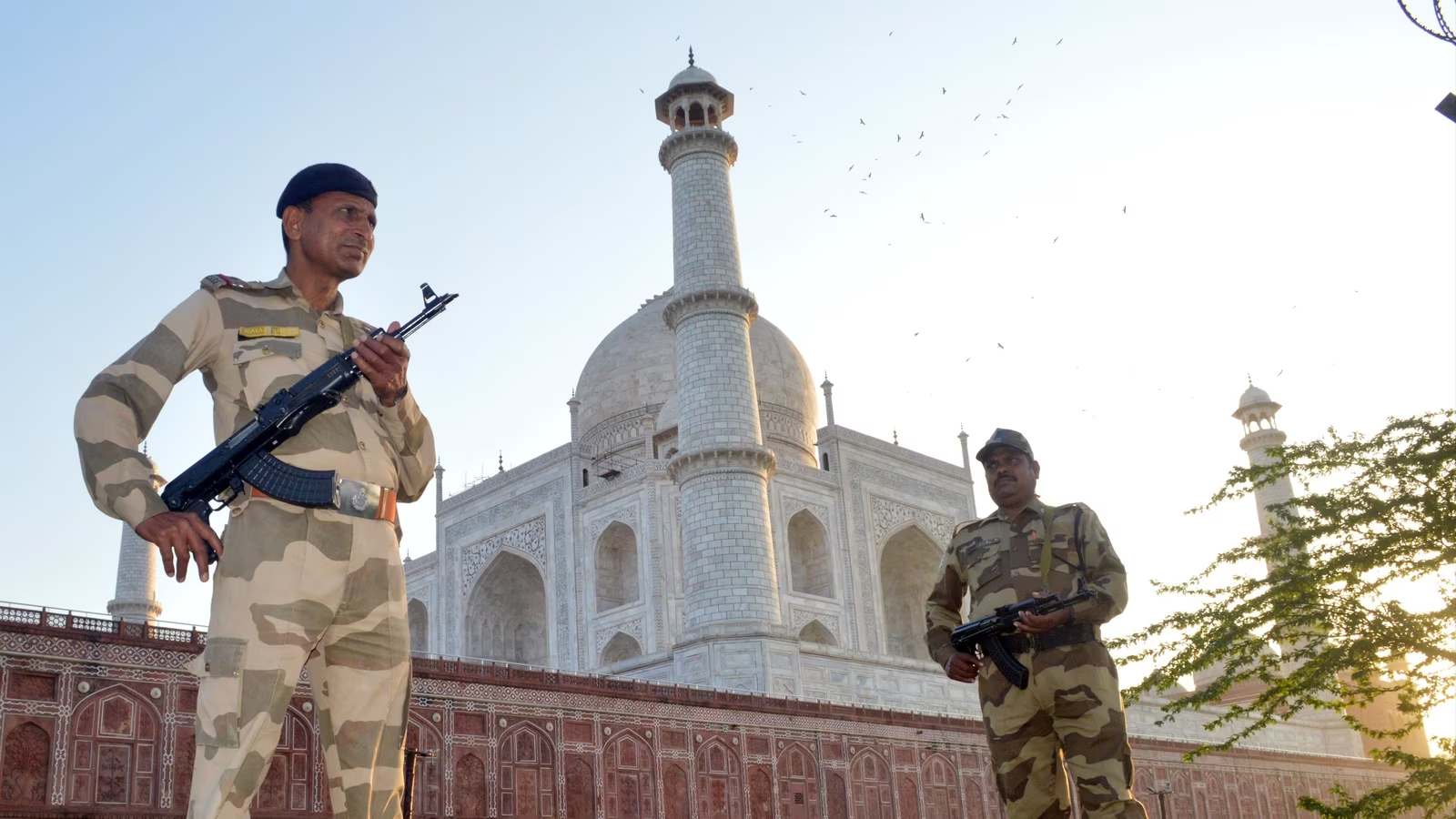
How CISF will protect Parliament?
According to a recent notification from the Home Ministry, the Central Industrial Security Force (CISF) is set to assume responsibility for safeguarding Parliament, taking over from the Delhi Police. This transition involves various tasks, including screening visitors at entry points. While the Lok Sabha Secretariat remains accountable for security inside the Parliament building, the Delhi Police will continue to oversee the outer perimeter. Experts from the CISF's Government Building Security (GBS) unit, along with fire response personnel and current Parliament security officials, will survey the premises. Following this assessment, the CISF will submit a report to the Ministry of Home Affairs (MHA) before assuming security duties in collaboration with Parliament Security Services.
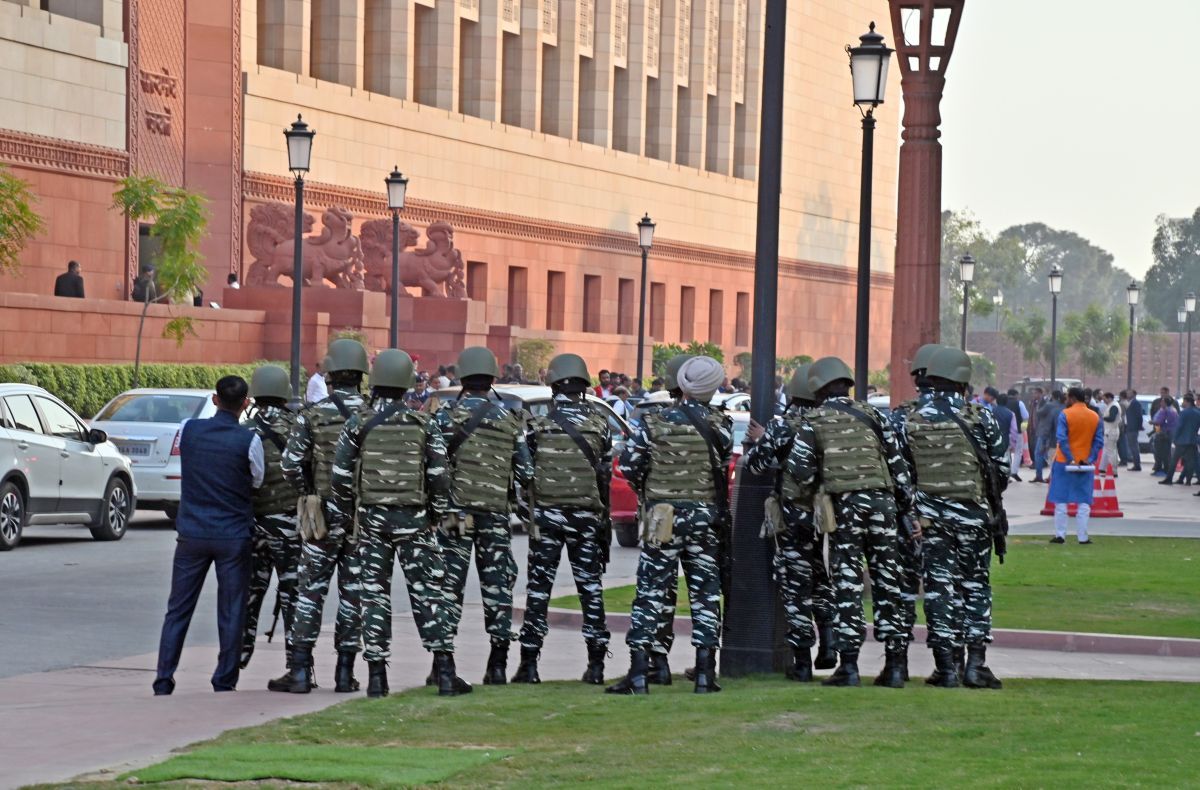
This development follows a directive from the MHA to investigate a security breach at Parliament on December 13. An inquiry committee, led by Central Reserve Police Force (CRPF) Director General Anish Dayal Singh, identified shortcomings, particularly in visitor screening procedures. Intruders had concealed colored canisters in modified footwear, eluding physical checks by the Delhi Police. Notably, this incident occurred on the 22nd anniversary of a previous terrorist attack on Parliament. The Parliament Security Service oversees overall access control to the complex, while multiple agencies, including the Delhi Police, CRPF, Indo-Tibetan Border Police (ITBP), Intelligence Bureau (IB), Special Protection Group (SPG), and National Security Guard (NSG), ensure MPs' safety.
Plans are underway to extend a "comprehensive" security umbrella, with the CISF playing a central role alongside existing security entities such as the Parliament Security Service, Delhi Police, and CRPF's Parliament Duty Group (PDG).
Inputs from agencies
Image Source: Multiple agencies
© Copyright 2024. All Rights Reserved Powered by Vygr Media.

